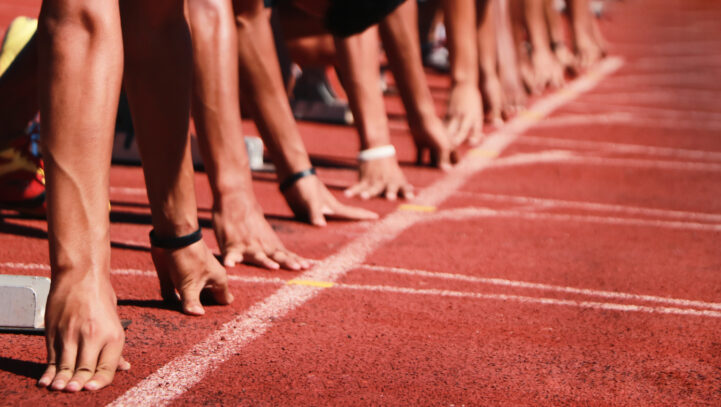As WADA Bans Russia from Competing Under the Russian Flag at 2020 Summer Olympics, Questions Remain
The news this week that the World Anti-Doping Agency (WADA) has barred Russia from having their athletes compete under the Russian flag at the 2020 Summer Olympics has been making headlines around the world – and has once again brought doping in sports into the worldwide spotlight. In a statement announcing the decision, WADA President Craig Reedie noted “For too long, Russian doping has detracted from clean sport” – further stating that “The blatant breach by the Russian authorities of RUSADA’s reinstatement conditions, approved by the (executive committee) in September 2018, demanded a robust response. That is exactly what was delivered today.”
WADA’s unanimous decision to ban Russia from international competition for the next four years (which includes not only the 2020 Summer Olympics in Tokyo but the Beijing Winter Olympics in 2022 and the 2022 Soccer World Cup in Qatar) is the most severe punishment yet in the Russian doping scandal (which, as The New York Times notes, “comes four years after the first details of a conspiracy that peaked at the 2014 Sochi Olympics were made public, and only months after more recent revelations of a failed Russian cover-up that involved the manipulation of test results.”) Although some are hailing the punishment as a “tough step” – others (including some WADA officials themselves) are noting that the punishment may be “too lax because it left open the possibility that hundreds of Russian athletes, including some who may have been complicit in the doping or the cover-up, will appear in Tokyo, just as they did at the 2018 Winter Olympics in South Korea.” Some, in fact, are calling for a blanket ban with no exceptions.
If the current ban issued this week is upheld (Russia’s anti-doping agency, RUSADA, has 21 days to appeal the decision to the International Court of Arbitration for Sport, and is expected to do so), Russia’s flag, name and anthem would not be allowed at the 2020 or 2022 Olympics – but Russian athletes not implicated in doping could compete in the Olympics (as well as other world championships) under a neutral flag. The ban also contains a number of other “loopholes” – including allowing Russia to host matches and its team being able to participate in Europe’s quadrennial soccer championship next summer (since it is a continental championship rather than a global competition) and Russia can still qualify and participate in the 20022 World Cup wearing neutral uniforms (as long as team members are cleared of doping).
Many are expressing frustration at how this lack of a blanket ban will still allow athletes to compete, as they did in South Korea. In a New York Times article, Travis T. Tygart, the chief executive of the United States Anti-Doping Agency, called allowing Russia to escape a blanket ban “another devasting blow to clean athletes, the integrity of sport and the rule of law” and said those who opposed the decision should “revolt against this broken system to force reform.”
According to the The New York Times, the debate about how far to go in punishing Russia “pits those who fear punishing innocent athletes, and angering one of the biggest and most important nations in international sports, and those who say the rules must be upheld regardless of the repercussions.” This debate about the Russian doping ban and the 2022 Winter Olympics/other international competitions – and whether the punishment is strong enough or should instead be a blanket ban – is likely to continue over the next few weeks and months.
What do you think of this week’s decision handed down by WADA? Does it send a strong enough message about doping in sports… or does more need to be done to impose a stronger sanction?
We are continuing to monitor developments in the Russian doping scandal/WADA barring Russia from the 2020 Olympics and international sports competitions, so check back here and on our Facebook page for the latest information about this timely issue and the impact of this decision on doping in sports. In addition, as the leading authority on steroids and the law, feel free to contact Rick Collins at any time at 516-294-0300 or rcollins@cgmbesq.com with any questions you may have about PEDs, anabolic steroids and the law.





